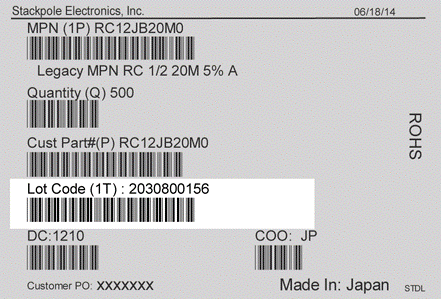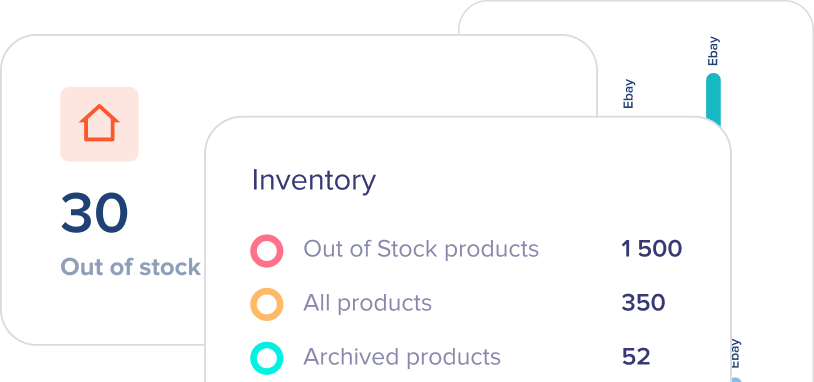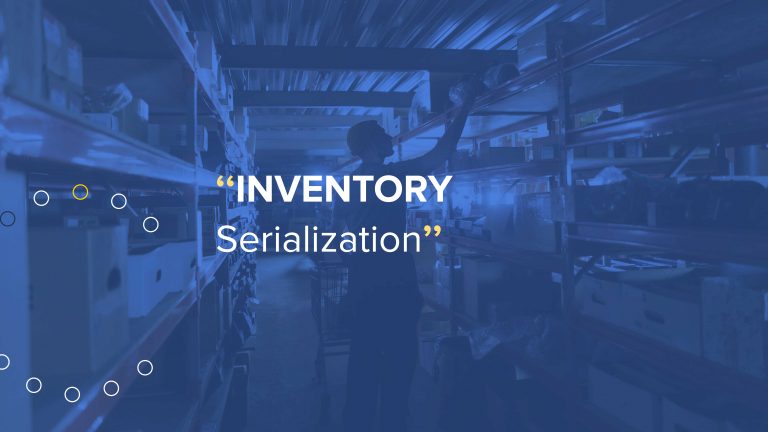A lot number is a one-of-a-kind code assigned by manufacturers to a batch of items made in the same run using the same components, materials, or other attributes.

It is also referred to as a batch number, code number, or lot code. Each item in a lot has the same lot number, and businesses store them separately in the inventory.
What does lot mean on a product?
Different businesses have an individual approach and have their method of assigning lot numbers to their products. However, it is most common to differentiate all items in the lot by their manufacturing date, product release date, location, packaging date, expiration date, to name a few. This classification helps make lot number tracking easier.
Lot numbers often work with a variety of other critical parameters in the form of a barcode. They are sometimes seen near or around the stock-keeping unit (SKU) or serial number and are typically printed on the same label as the barcode.

Source: Amazon.com
Why are lot numbers necessary?
Lot numbers help to streamline the inventory management process for various kinds of items, and that’s one of the main reasons why you should learn what is a lot number. Some regulations even require lot numbers to be included by any entity selling in a specific vertical.
- Foodstuffs, both fresh and packed
- Medications, vitamins, and nutritional supplements
- Cosmetics
- Products for personal hygiene
- Electronics
- Materials for construction
- Cleaning supplies and detergents for the home
- Insecticides and pest control supplies
Suppliers do not assign lot numbers. Instead, company executives generate them internally.
Why does lot number tracking matter?
The value of lot control becomes apparent, especially during emergency situations when problems with a particular product arise. Beyond emergencies, lot control is critical to long-term sustainability and maintaining a competitive advantage in today’s rapidly changing business environment. Lot numbers are especially beneficial in highly regulated sectors or industries where quality assurance is critical.
Stay organized
With lot numbers, it will become significantly more manageable for you to discern identical items with minor differences, such as two batches of sweatshirts that have minor variations in color, size, feel, and other peculiarities.
Lot numbers will help you ensure that even slightly different items are not confused with one another and that the right products are delivered to the right places.
Monitor expiration dates
Learning what is a lot number and utilizing it is especially crucial when dealing with food and drink goods. Ensuring that the food and beverage goods are dispatched from the warehouse long before their expiration date is essential.
With a lot number tracking, you can be confident that your items are of excellent quality and safety.
Moreover, with cloud-based technology, you may be notified when a product has expired so that you can discard it, purchase new items, and ensure that everything is fresh.
Efficiently manage recalls
It is essential to understand that lot numbers can aid you where SKUs and serial numbers cannot. Imagine a scenario where you receive a notification from your supplier about the spoiling of their latest shipment. Here is where utilizing lot numbers can help you escape terrible emergencies.
As already mentioned, lot numbers, particularly in the food and beverage industries, are frequently related to expiration or processing dates. The provider can simply tell you the defective batch’s processing date. If you’ve been keeping your lot numbers in your inventory management system, you can then run a report to discover which goods are related to that date and hence include the ruined material.
Keep up with regulations
It is essential to understand that lot numbers can solve issues of life and death for particular industries. Minor flaws in material constructions may pass unnoticed. However, having even a minor error in pharmaceutical products can have detrimental effects. Quality assurance for these types of firms is imperative.
There are many regulations that mandate firms to utilize lot numbers for all of the reasons mentioned earlier, particularly in the pharmaceutical and food and beverage industries. If you are working in a similar sector, it is crucial to check with a lawyer to verify you’re following all applicable monitoring regulations.
Minimize waste
It is crucial to consider that inventory waste may become an unnecessary expense for many organizations. Therefore it is imperative to make sure that businesses employ necessary measures and work hard to maximize their product sales before they become unsellable. It’s essential to stay up to date, and identify slow-moving or near expiration items. You should also use batch numbers to automate activities such as marketing campaigns, discounts, or offers so they can sell out faster.
You may have already seen such practices when shops pack typically sold in a single unit product, such as bottles of juice, into a pick-and-mix pack, give two-for-one offers on body creams, or just discount single items. With lot control, you can quickly determine which items would profit from offers such as these. With such an approach, you will be able to sell your products quickly and avoid waste.
Lot number vs. SKU
It is essential to understand that while you can use lot numbers and SKU to identify, track, and trace items, there are crucial differences to consider.
A Store Keeping Unit, or SKU, is an internal identifier that a company assigns to a particular product or product kind.
SKU defines a specific type of item and includes qualities that set it apart from others. Manufacturer, description, material, size, choices, version, color, packing, and warranty conditions are some of the features of product characteristics. When a warehouse or firm conducts inventory, it typically counts the number per product.
Product codes are retailer-specific codes that may be used to calculate stock and identify goods on an eCommerce site using a hand scanner or equivalent barcoding equipment.
Lot numbers vs. serial numbers
You can identify and track products using lot batch numbers and serial numbers. However, there are significant differences between the two.
Many items may have the same lot number. However, each serial number is unique to a specific product.
Serial numbers can be far more precise than lot numbers. They can assist you in distinguishing various items from one another and particular products of the same model. Also, they may help differentiate distinct models, making it much easier to locate products appropriately and allowing them to be more efficient.
Lot tracking and inventory management
For increased inventory management efficiency, compliance, or financial metrics, simplified and precise lot number tracking is a must-have for every firm that handles inventory.
Using modern inventory management systems can significantly enhance your business outcomes. With the eSwap inventory management system, you can have complete control over your stock and manage it much more efficiently. eSwap will allow you to have full access to data on every product in your warehouse, helping you make more informed and strategic business decisions.







